the most hot sale vulcanization accelerator composition in laos
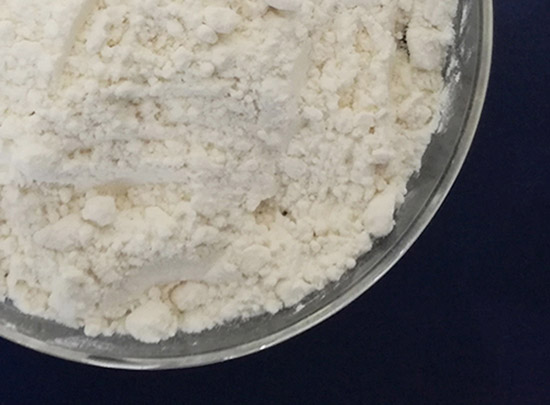
The common accelerators in producing rubber
Metal oxide is neoprene special sulfurization agent, in addition to selenium, tellurium outside, other than vulcanization and is mainly used for saturated peptides as sulfurization agent of rubber and special synthetic rubber vulcanization, the most important is peroxide.
Send InquirySingle Screw Rubber Granulator Equipment / Vulcanization
This product and its derivatives are the most important promoters. Light yellow monoclinic needle or flaky crystal. Uses of rubber additives: super-accelerators and vulcanizing agents for natural rubber, styrene-butadiene rubber, nitrile rubber, butyl rubber, butadiene rubber and latex.
Send InquiryVulcanization | rubber manufacturing | Britannica
Vulcanization. The reactions between rubber and sulfur are not fully understood, but in the product, the sulfur is not simply dissolved or dispersed in the rubber; it is chemically combined, mostly in the form of cross-links, or bridges, between the long-chain molecules.
Send Inquiryanionic and cationic polymerization
Objectives • To compare and contrast cationic and anionic mechanisms for polymerization, with reference to free radical polymerization as the most common route to high polymer. • To emphasize the importance of stabilization of the charged reactive center on the growing chain.
Send Inquiry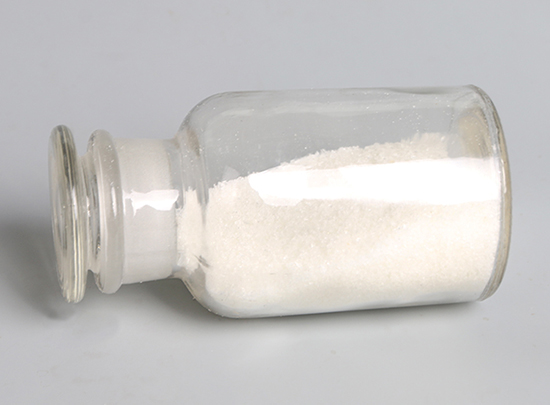
Accelerator Detu - Buy Detu,Chemical,Rubber Product
Accelerator Detu , Find Complete Details about Accelerator Detu,Detu,Chemical,Rubber from Petroleum Additives Supplier or Manufacturer-Tianjin Eastrichon Rubber Additives Co., Ltd.
Send InquiryRubber Accelerator Masterbatch Granulator Banbury Mixer
This product and its derivatives are the most important promoters. Light yellow monoclinic needle or flaky crystal. Uses of rubber additives: super-accelerators and vulcanizing agents for natural rubber, styrene-butadiene rubber, nitrile rubber, butyl rubber, butadiene rubber and latex.
Send InquirySOLID AND LIQUID SILICONE RUBBER - MATERIAL AND PROCESSING
composition and quantity of the fillers have a crucial influence on the proper-ties of the raw and cured rubber. • Reinforcing fillers: Pyrogenic silica with very high BET surface areas (more than 100 m2/g) is the most frequently used reinforc-ing filler.
Send Inquiry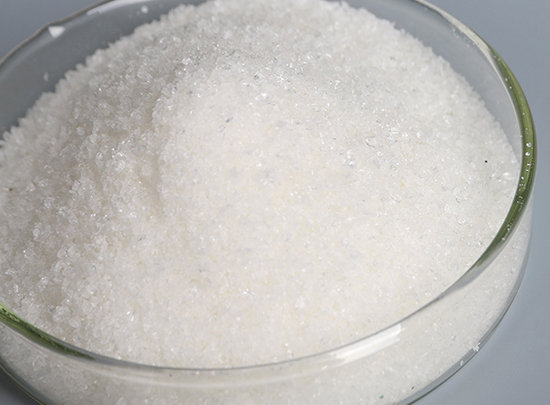
chemical properties of rubber wood
To enhance the properties of rubber, a process known as vulcanization is done. How It Works states that during the vulcanization process, rubber is treated with sulfur while being heated. The sulfur is important to the process because it enhances the rubber's elasticity and resistance to the damaging effects of higher or lower temperatures. Get ...
Send InquiryRUBBER CHEMISTRY
Rubbers are used most often in the form of vulcanizates - a vulcanized rubber. They can be brought to this form by vulcanization. This process is based on creation of chemical and physical transverse bonds between rubber macromolecules resulting in a spatial vulcanizate mesh, giving unique properties to the material. Various
Send InquiryUnderstanding the Composition of a Nitrile (Buna-N) Rubber
Accelerator. In sulfur cure systems, accelerator are used to speed the reaction rate of the sulfur. Sulfenamides are the most common primary accelerator. Secondary accelerators like thiurams and dithiocarbamates are used at low levels to act as a “kicker”.
Send Inquiry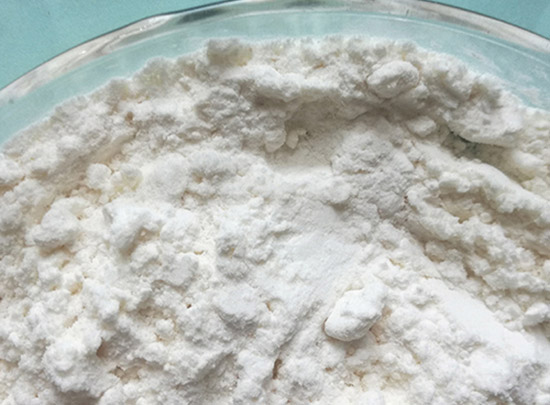
Vulcanization Accelerators
The vulcanization speed of these system can range from slow to ultra fast depending on composition and type of accelerator. Common primary accelerators include thiazoles and sulfenamides whereas thioureas and dicarbamates can function as both primary and secondary accelerators.
Send InquiryDe-vulcanization of Tire Rubber | ILLYRIA
The sulfur on the surface of carbon black possibly plays an important role in the cross-linking process. The chemical bonding of rubber with carbon black increases the degree of chemical cross-linking. Sulfur on the surface of carbon black most probably improved the vulcanization.
Send Inquiry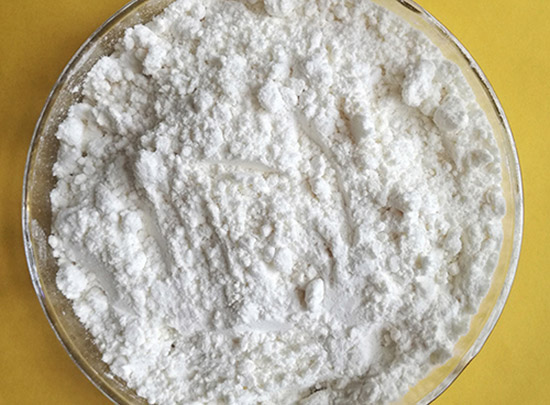
Vulcanization
Vulcanization of polychloroprene. Most conventionally used accelerators are problematic when CR rubbers are cured and the most important accelerant has been found to be ethylene thiourea (ETU), which, although being an excellent and proven accelerator for polychloroprene, has been classified as reprotoxic.
Send Inquiry
Vulcanization & Accelerators
The use of secondary accelerators increases the speed of vulcanization substantially but at the expense of scorch safety. The dosages of the secondary accelerators are generally between 10-40% of the primary accelerator.
Send Inquiry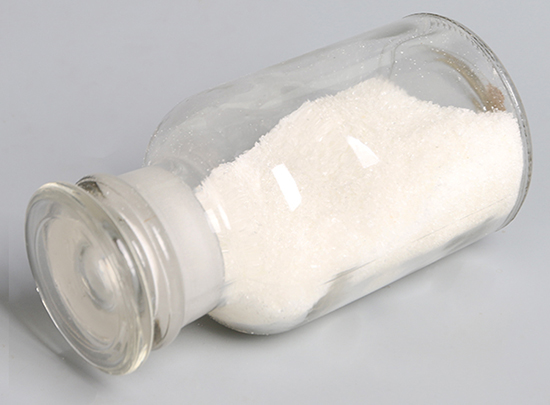
acceleratorsand acceleratorsystems
An accelerator is defined as the chemical added into a rubber compound to increase the speed of vulcanization and to permit vulcanization to proceed at lower temperature and with greater efficiency. Over 150 different chemicals belonging to different classes of composition are known to function as acceler-
Send Inquiry
The function of rubber vulcanization accelerator
4 Thick-walled products the vulcanization become possible, the storage stability of the rubber also is improved. 5 Rubber vulcanization accelerator can be made transparent and various shades of rubber products, and applies to a variety of synthetic rubber vulcanization.
Send InquirySULFUR VULCANIZATION OF NATURAL RUBBER FOR BENZOTHIAZOLE
1. Formation of MBTS from MBS. — On heating MBS at vulcanization temperatures from 140 to 180 oC, the S-N bond in the accelerator dissociates, liberating free amine and 2-mercap- tobenzothiazole (MBT) as shown below for a generic benzothiazolesulfenamide.
Send Inquiry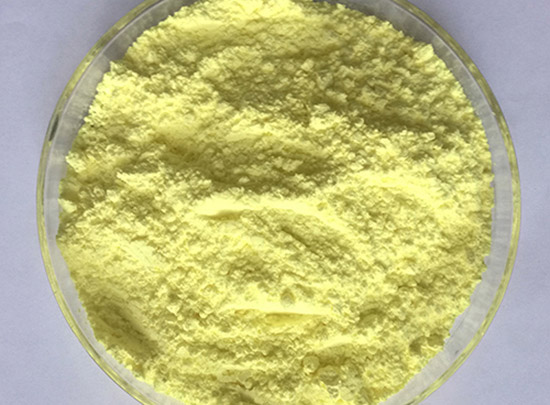
Vulcanization | Article about vulcanization by The Free
Vulcanization. Sulfur vulcanization can be accelerated by the addition of small quantities of organic compounds—so-called vulcanization accelerators such as kaptaks or thiuram. These substances are fully active only in the presence of metal oxides (most often zinc oxide), which are activators.
Send Inquiry